Other
The Ethics of Artificial Jewellery: Exploring Sustainable and Fair Trade Options
Artificial jewellery is becoming increasingly popular as a fashionable and affordable alternative to traditional fine jewellery. However, as with any industry, there are ethical issues to consider in the production of artificial jewellery. In this article, we will explore the ethics of artificial jewellery and the options available for consumers who are concerned about sustainability and fair trade.
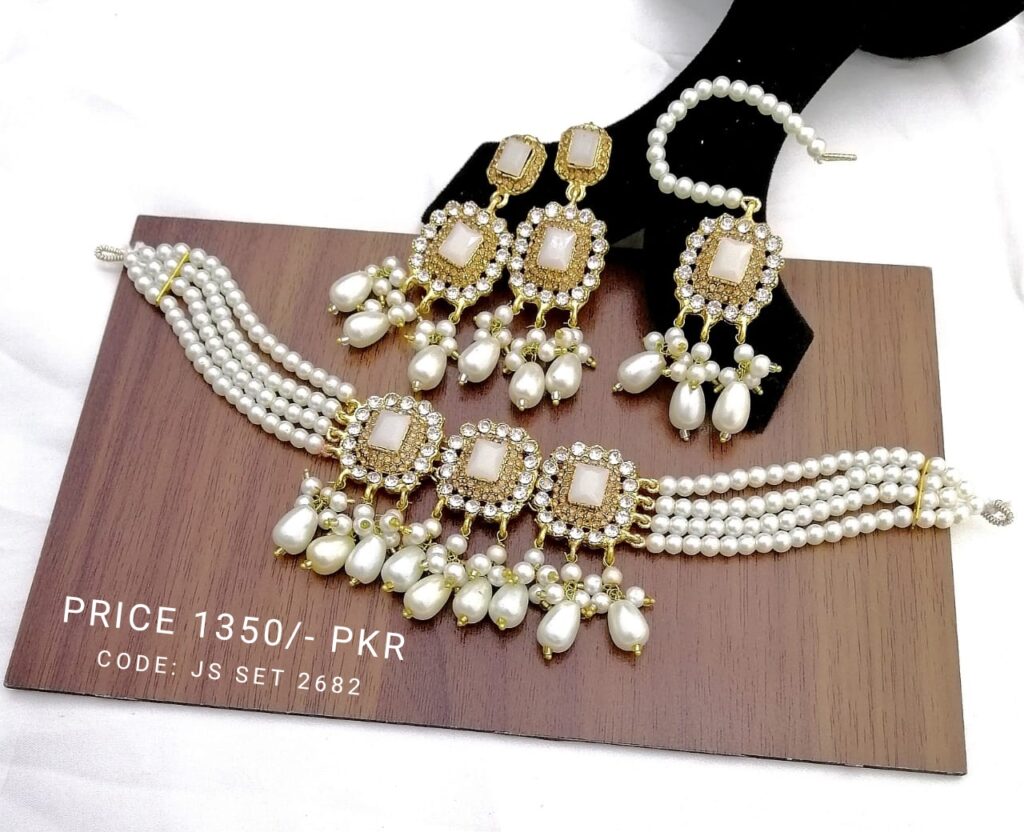
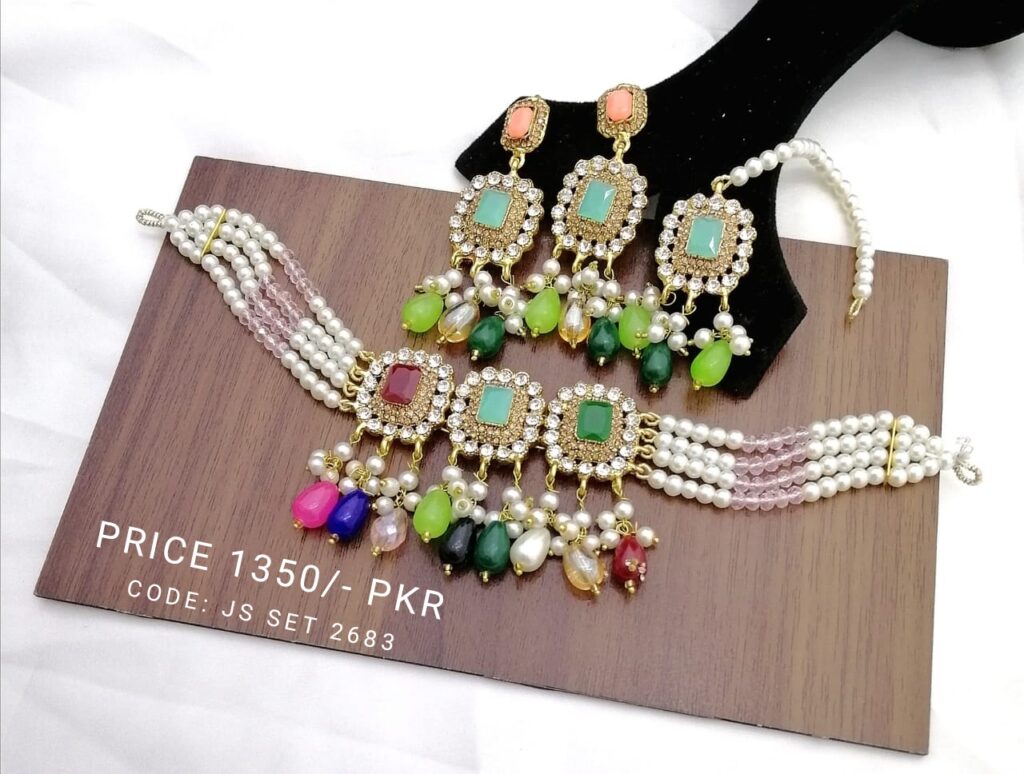
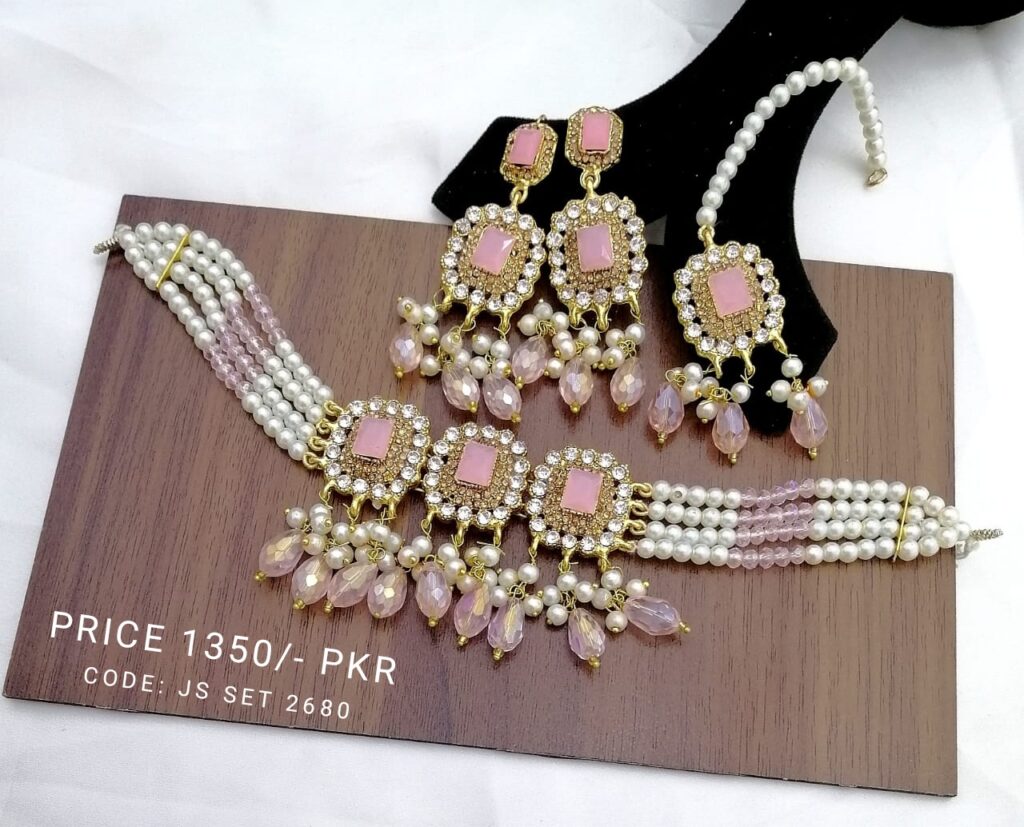
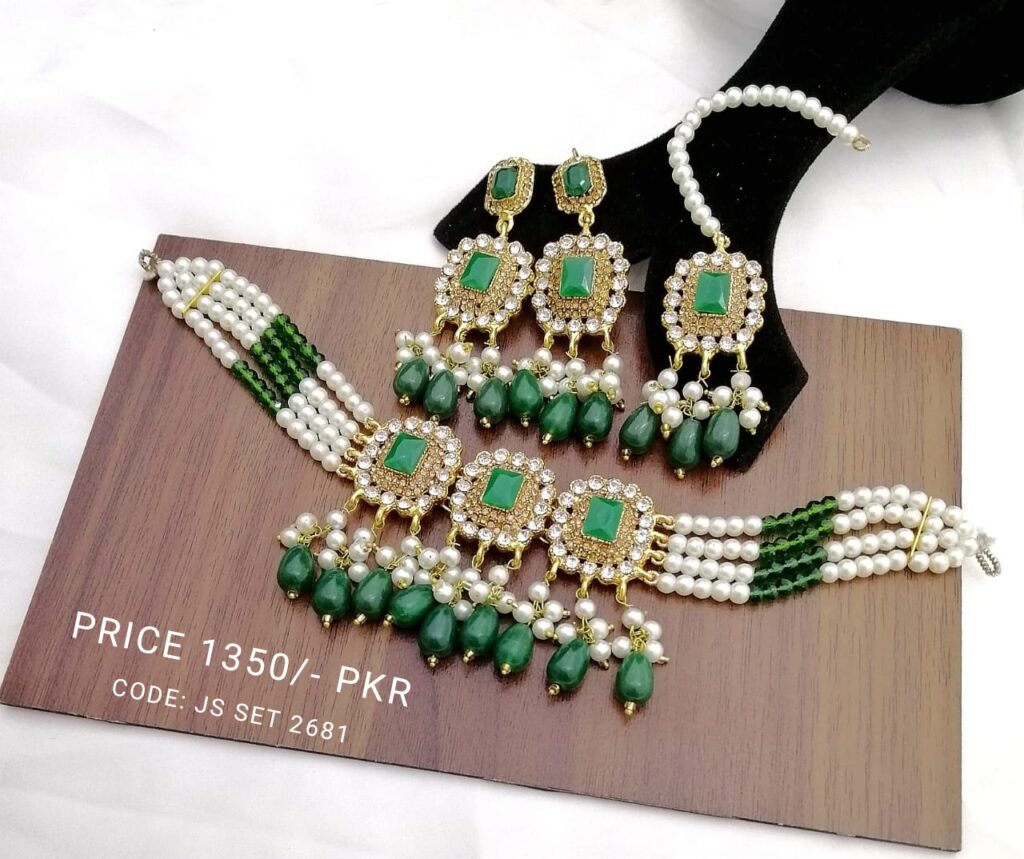
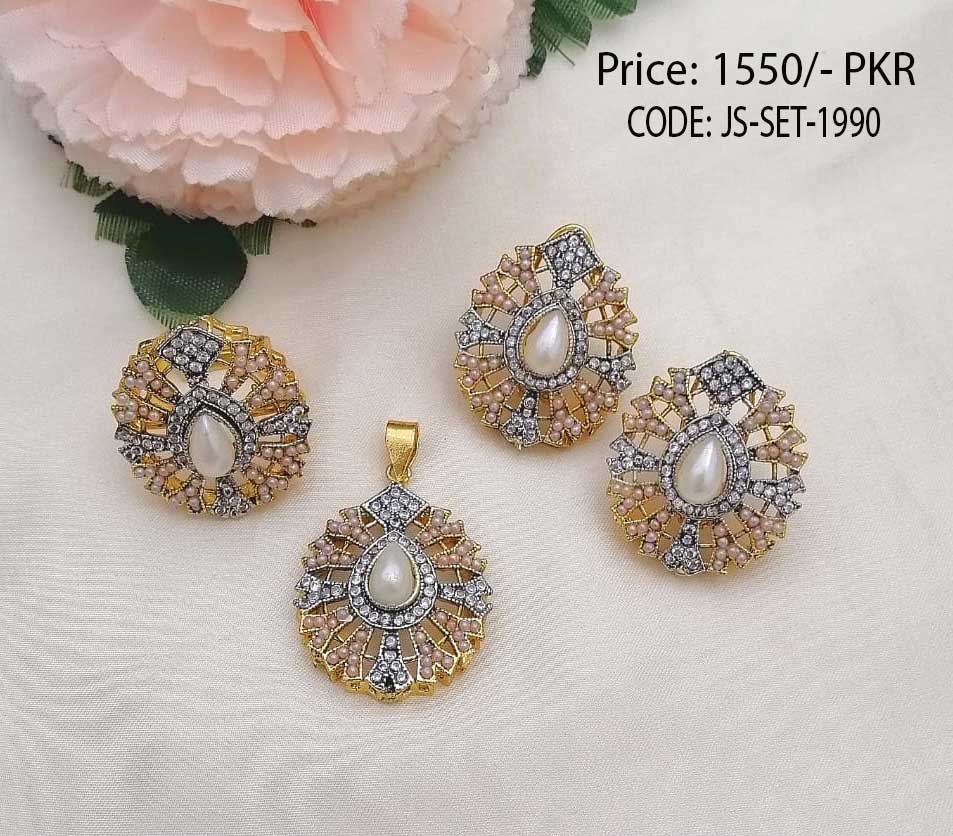
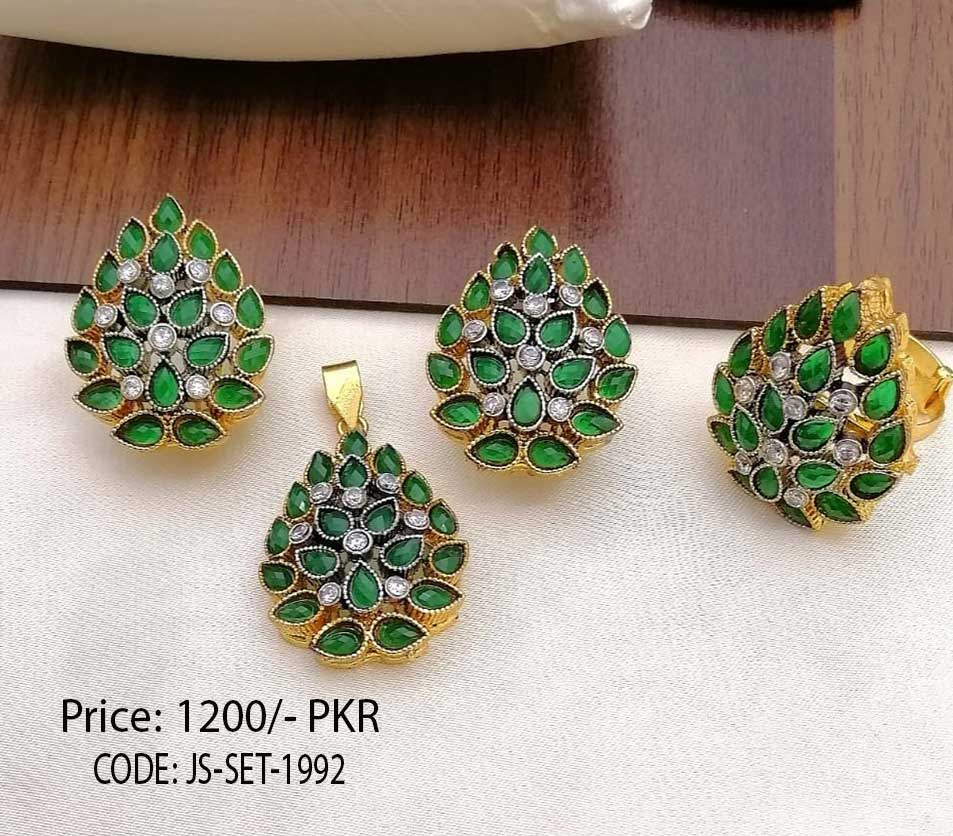
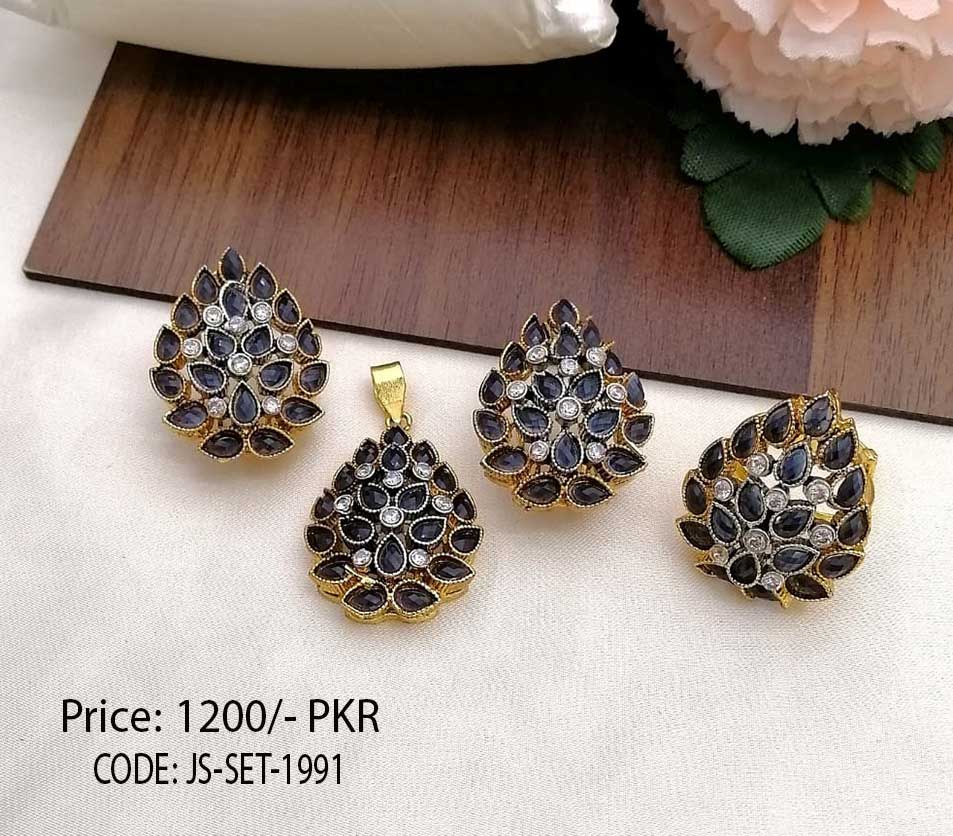
Read aslo: 50 Best Gold Bangles For Women
One of the main ethical concerns surrounding the production of artificial jewellery is the use of unsustainable materials. Many pieces of artificial jewellery are made using plastics and other synthetic materials that are harmful to the environment. Additionally, some artificial jewellery manufacturers use toxic chemicals in the production process, which can be harmful to both workers and the environment. Consumers who are concerned about sustainability can look for alternative materials, such as recycled metals or natural fibers like hemp or bamboo.
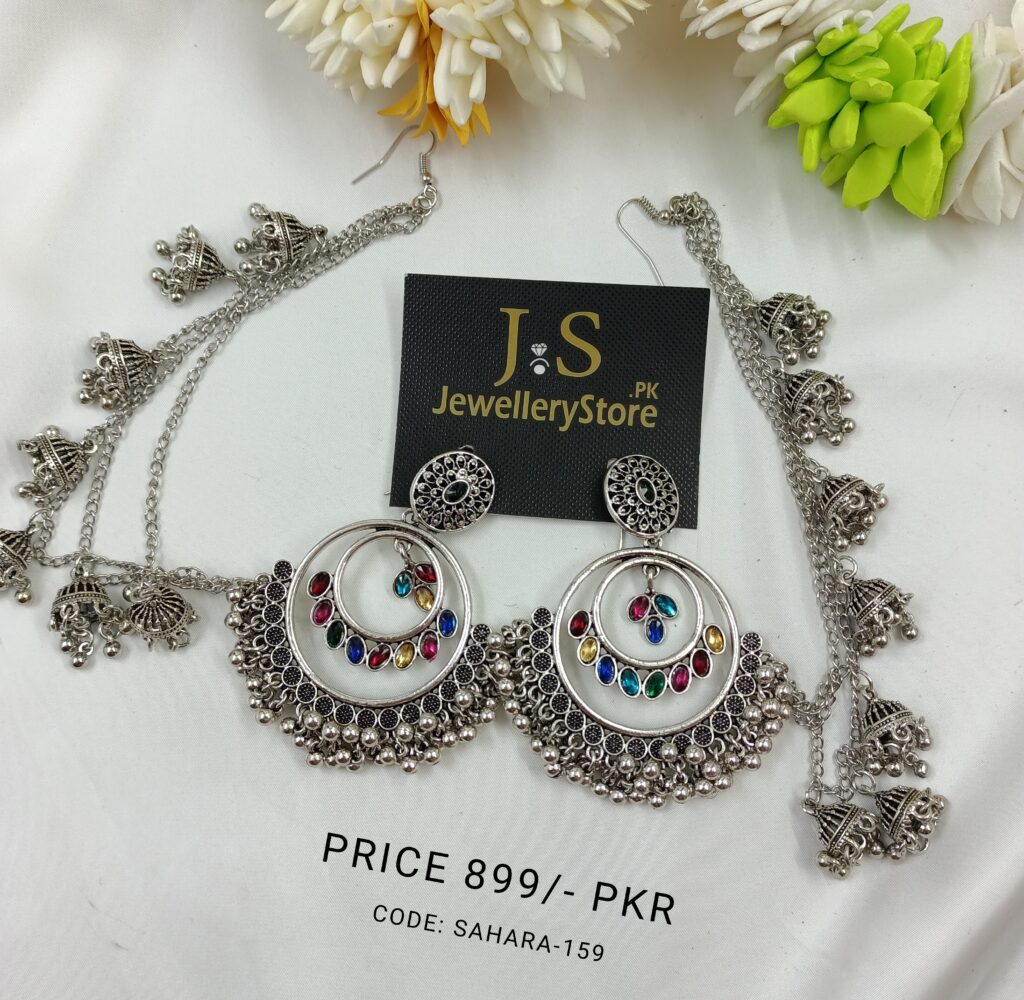
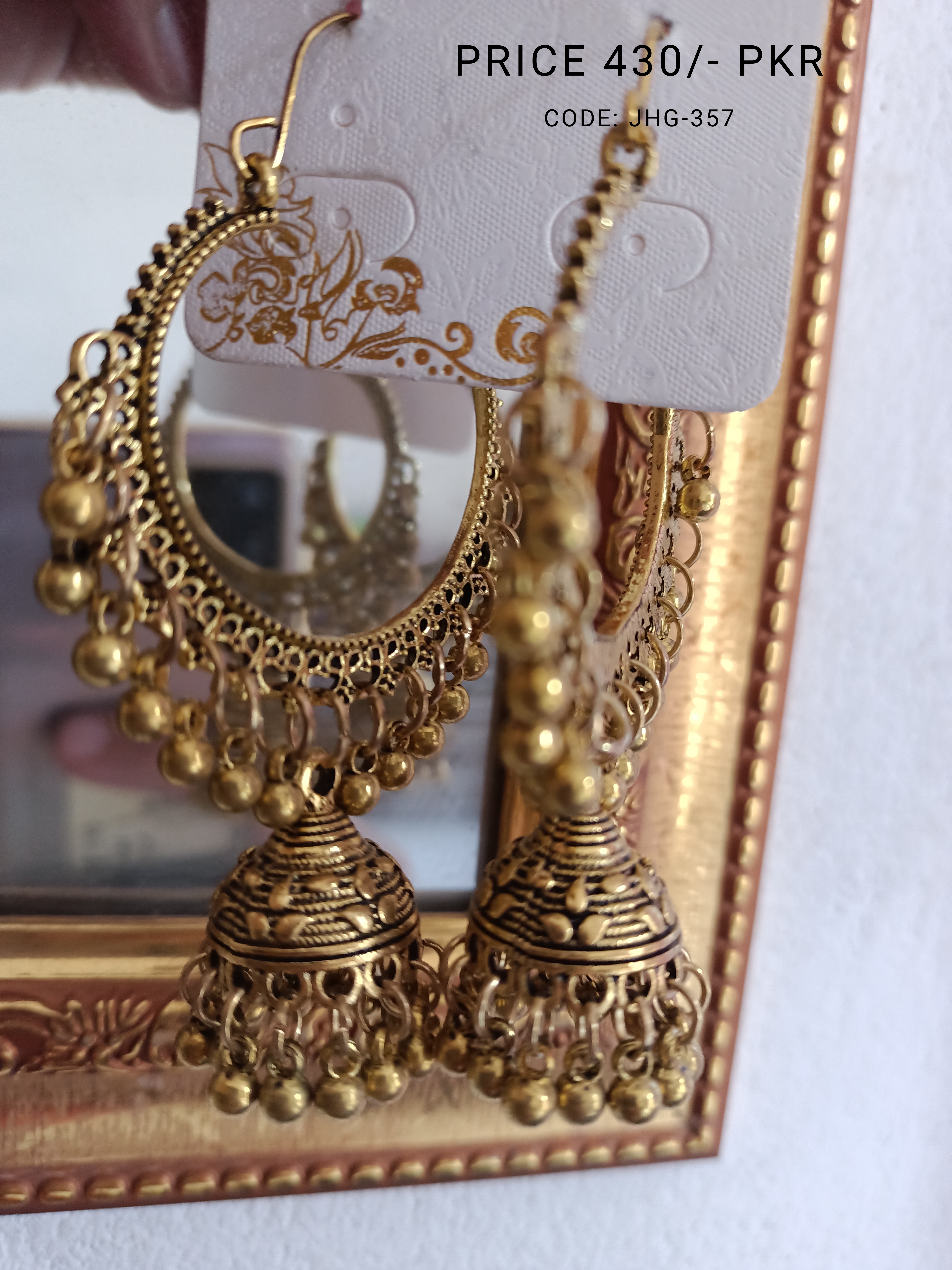
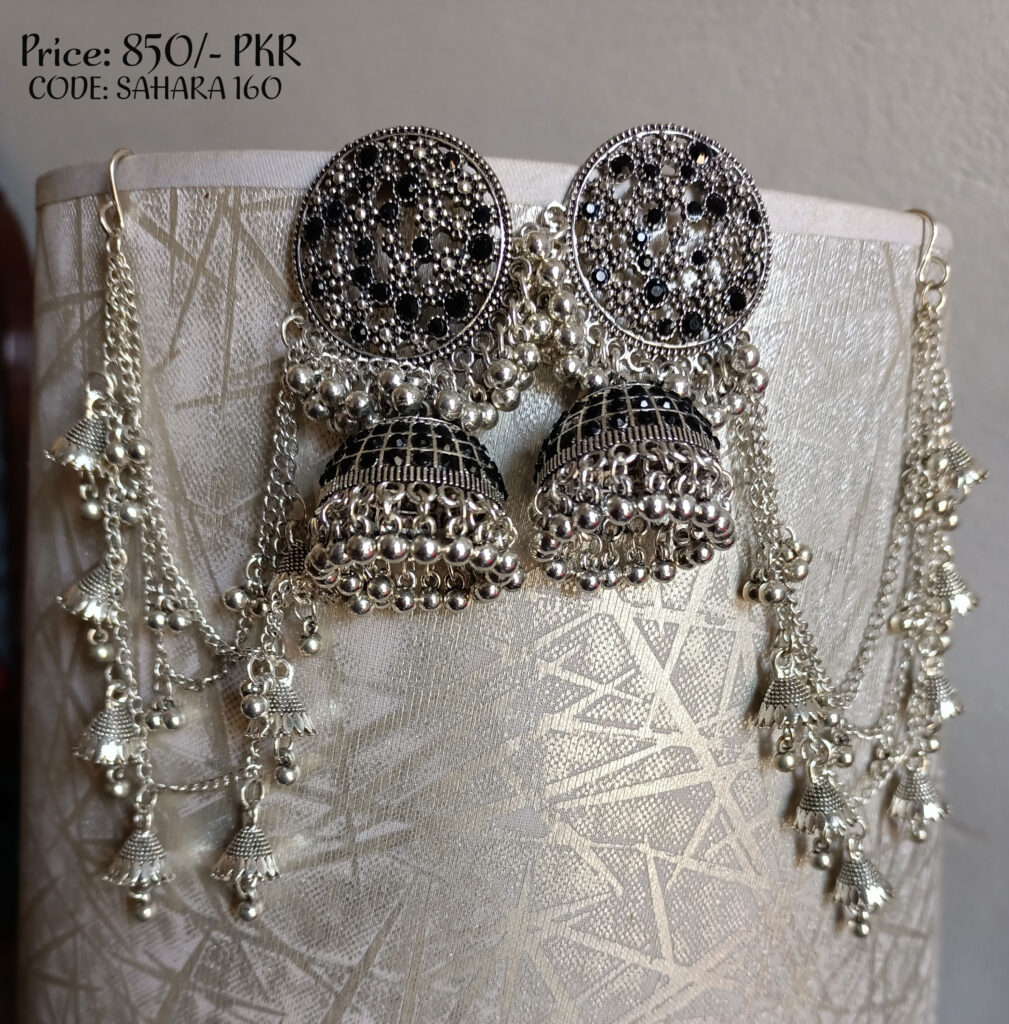
Read More: It’s All About (The) MEN CUFFLINKS
Another ethical issue is the working conditions of those who produce artificial jewellery. Many manufacturers operate in countries where labor laws are lax or nonexistent, leading to exploitative working conditions and low wages for workers. Consumers can look for fair trade certifications or brands that have a transparent supply chain to ensure that the jewellery they buy is made under fair and safe working conditions.
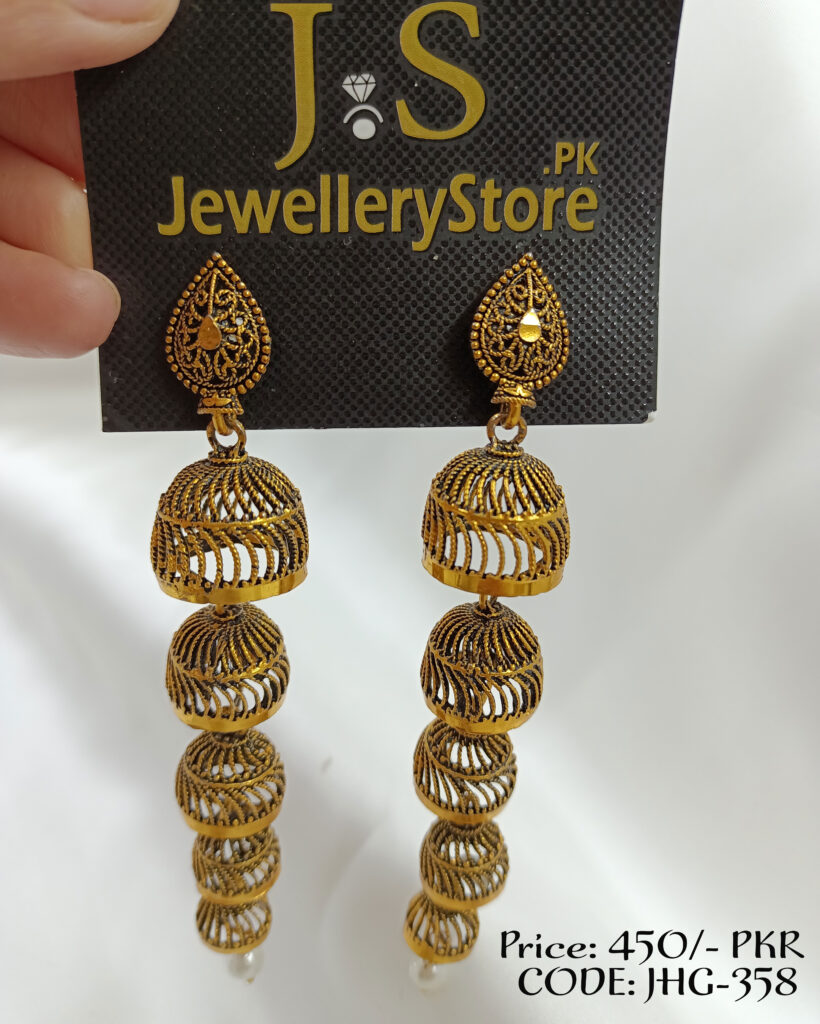
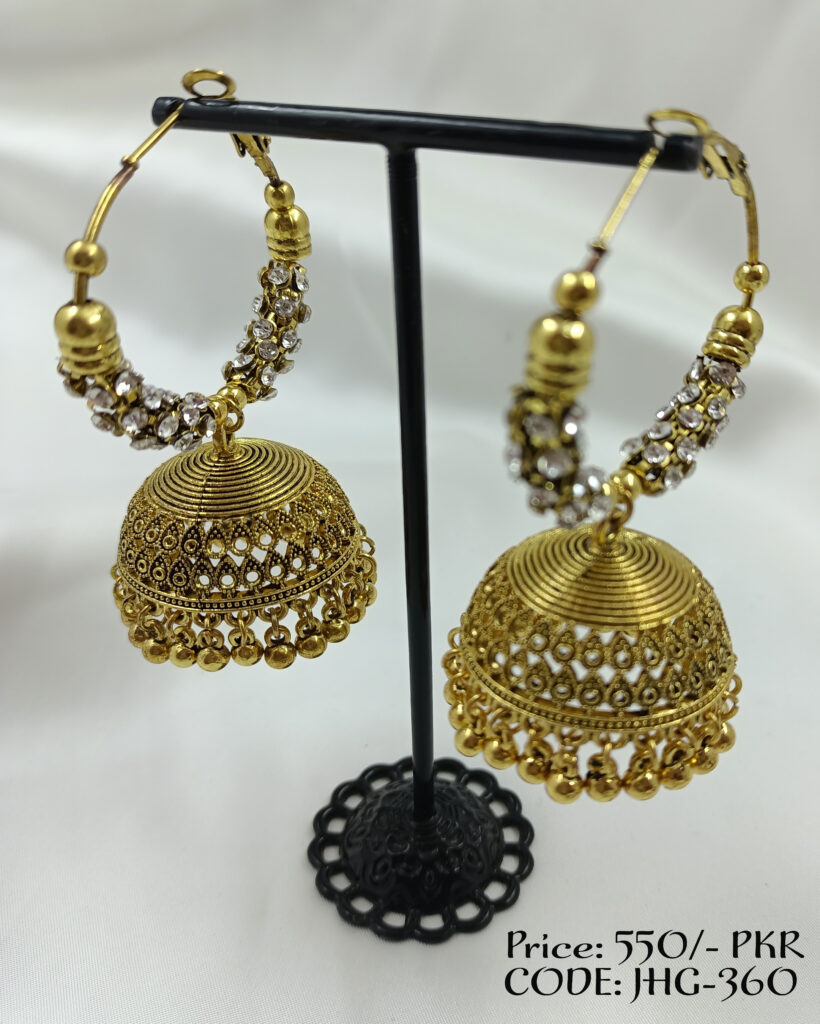
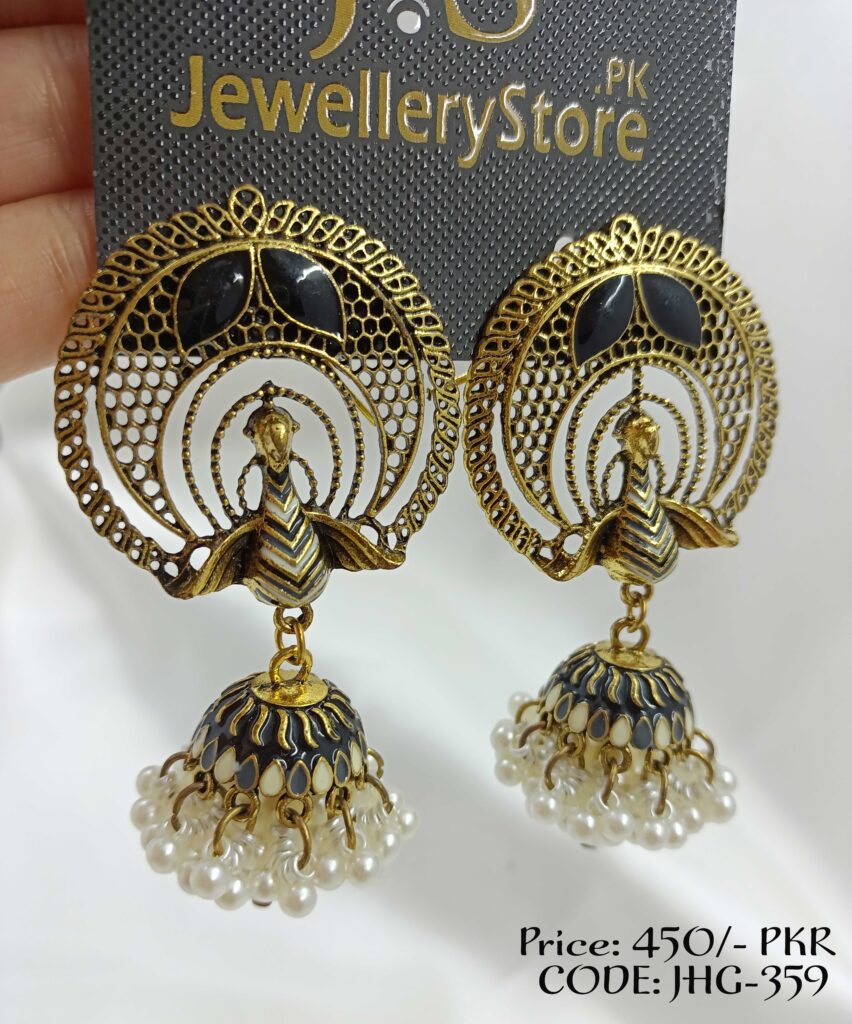
When shopping for artificial jewellery, it’s important to consider the lifespan of the product. Many pieces of artificial jewellery are designed to be disposable and are not made to last. This can lead to a significant amount of waste, both in terms of the materials used to create the jewellery and the energy required to produce and transport it. Consumers can look for high-quality pieces that are designed to last, or consider purchasing secondhand or vintage jewellery to reduce their environmental impact.
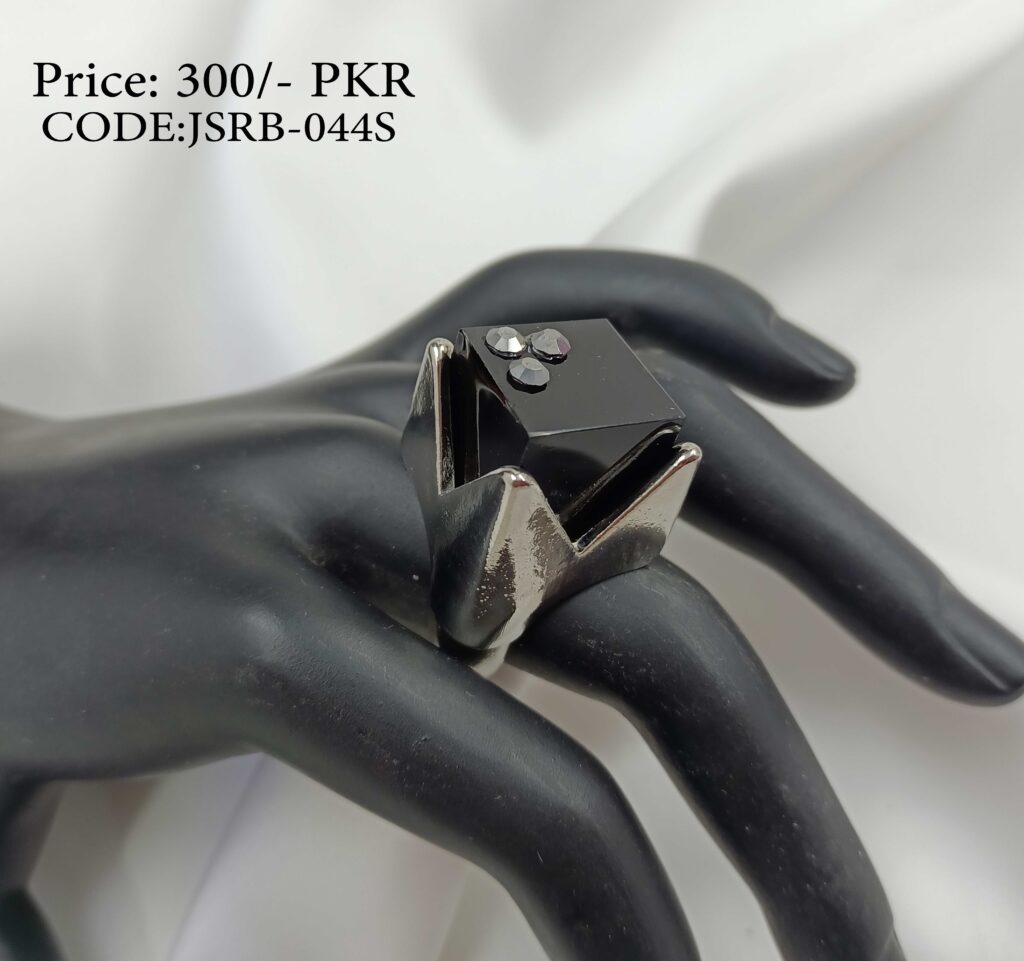
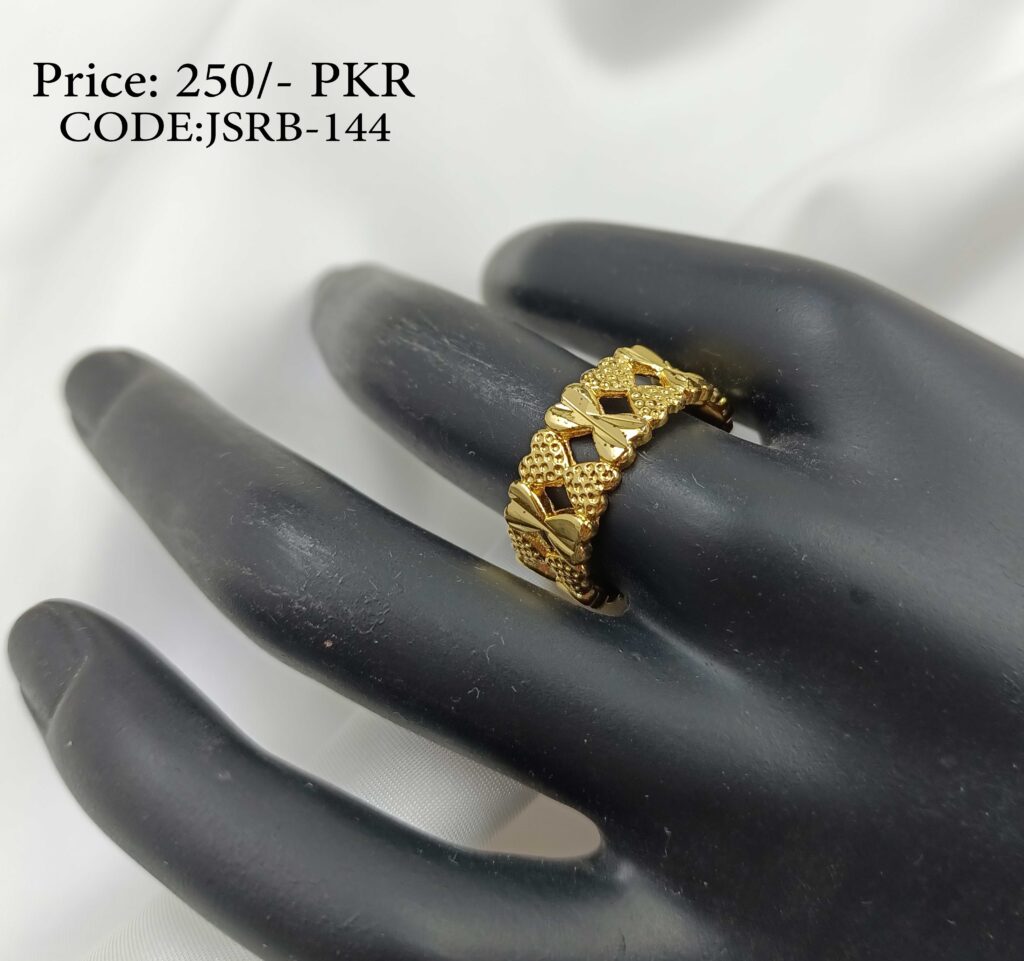
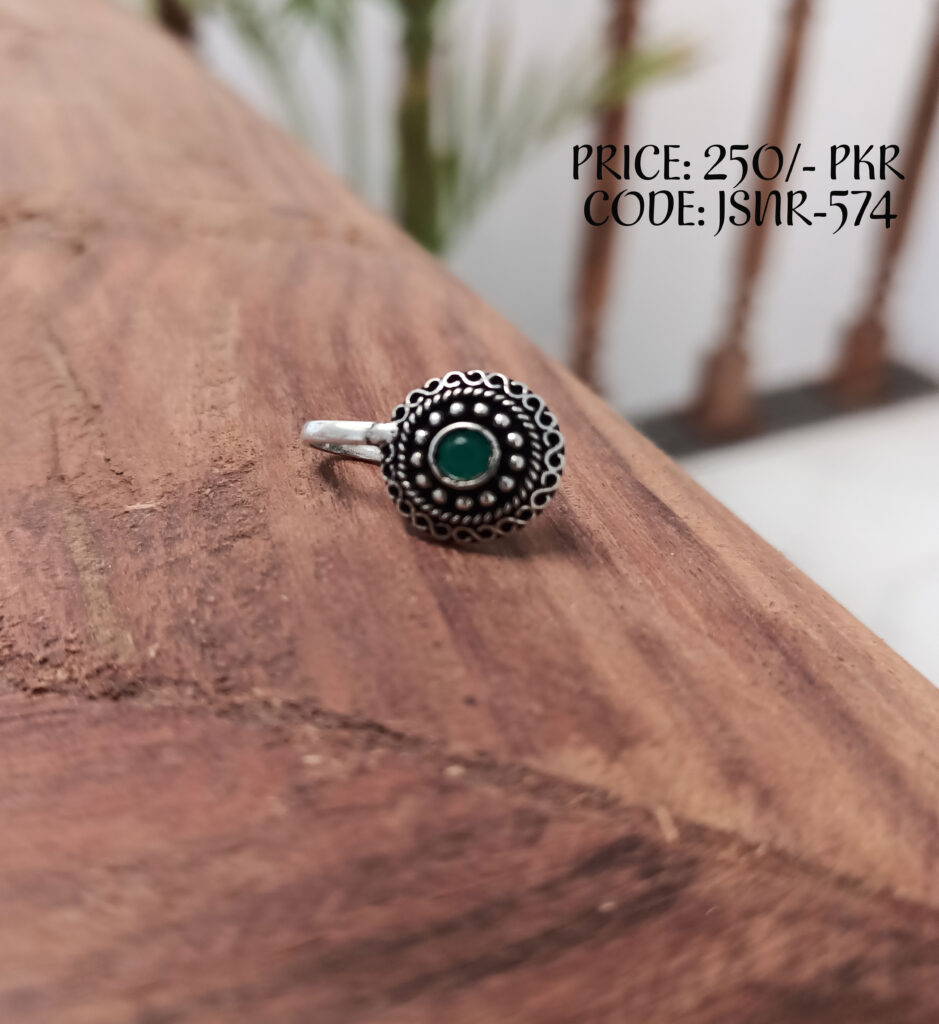
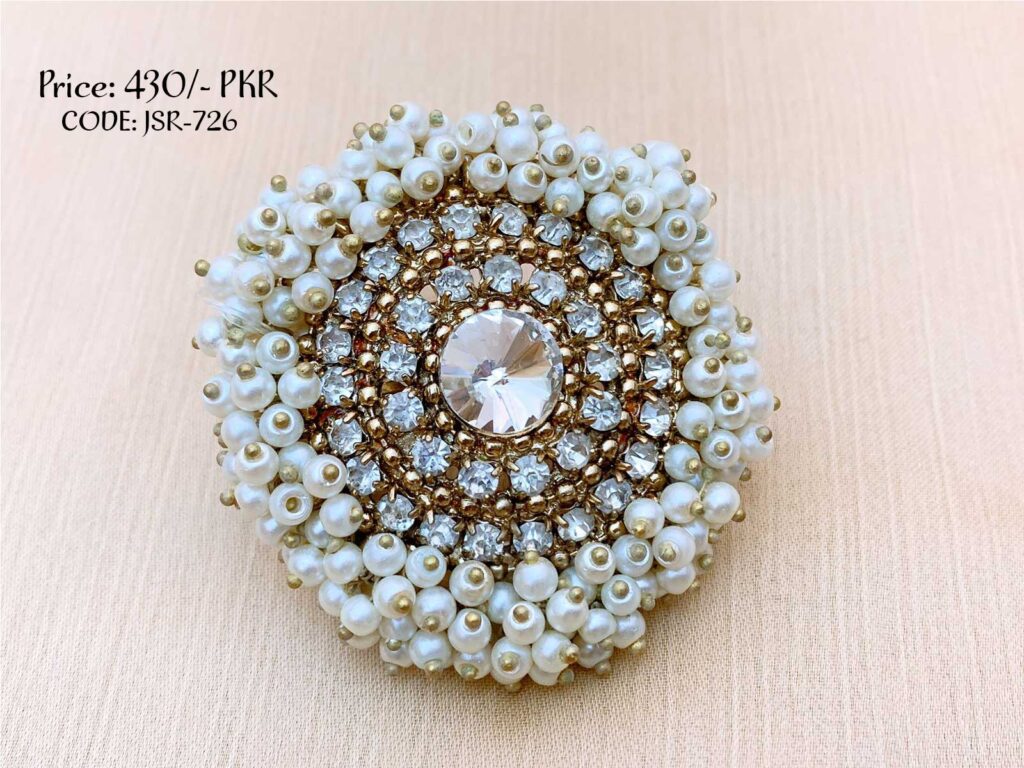
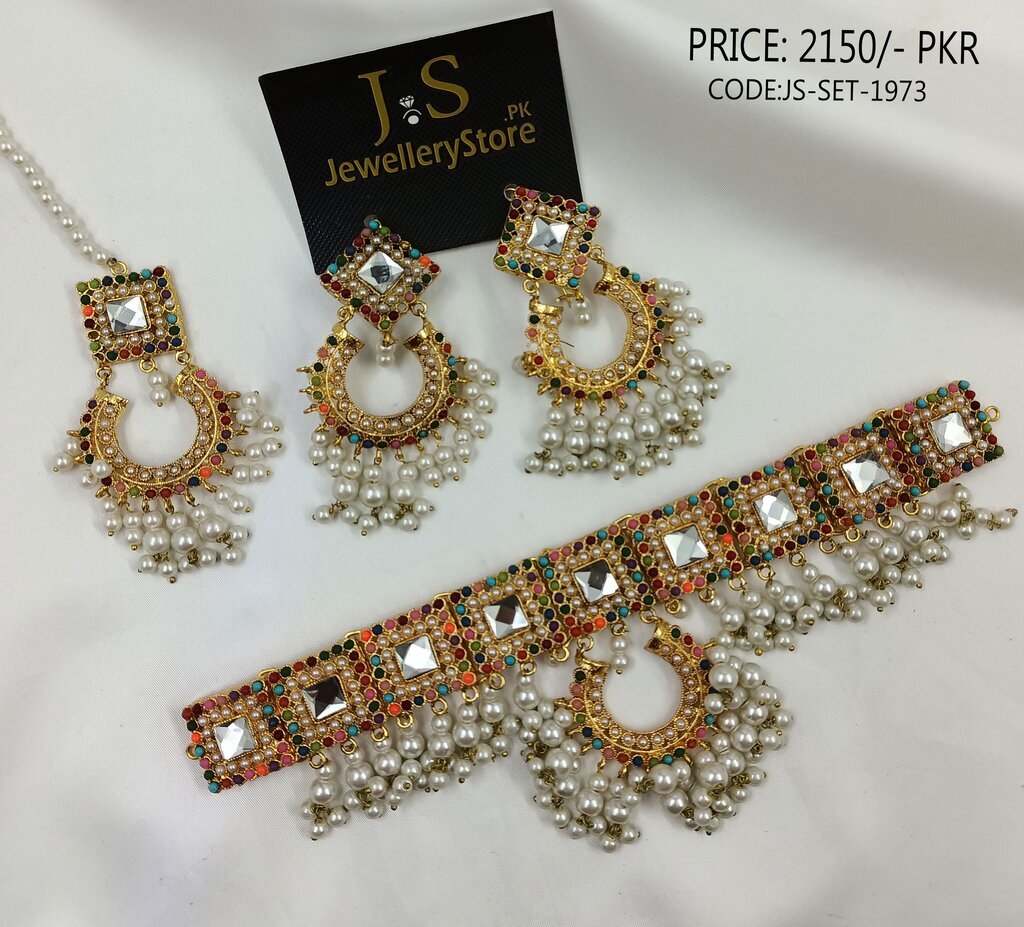
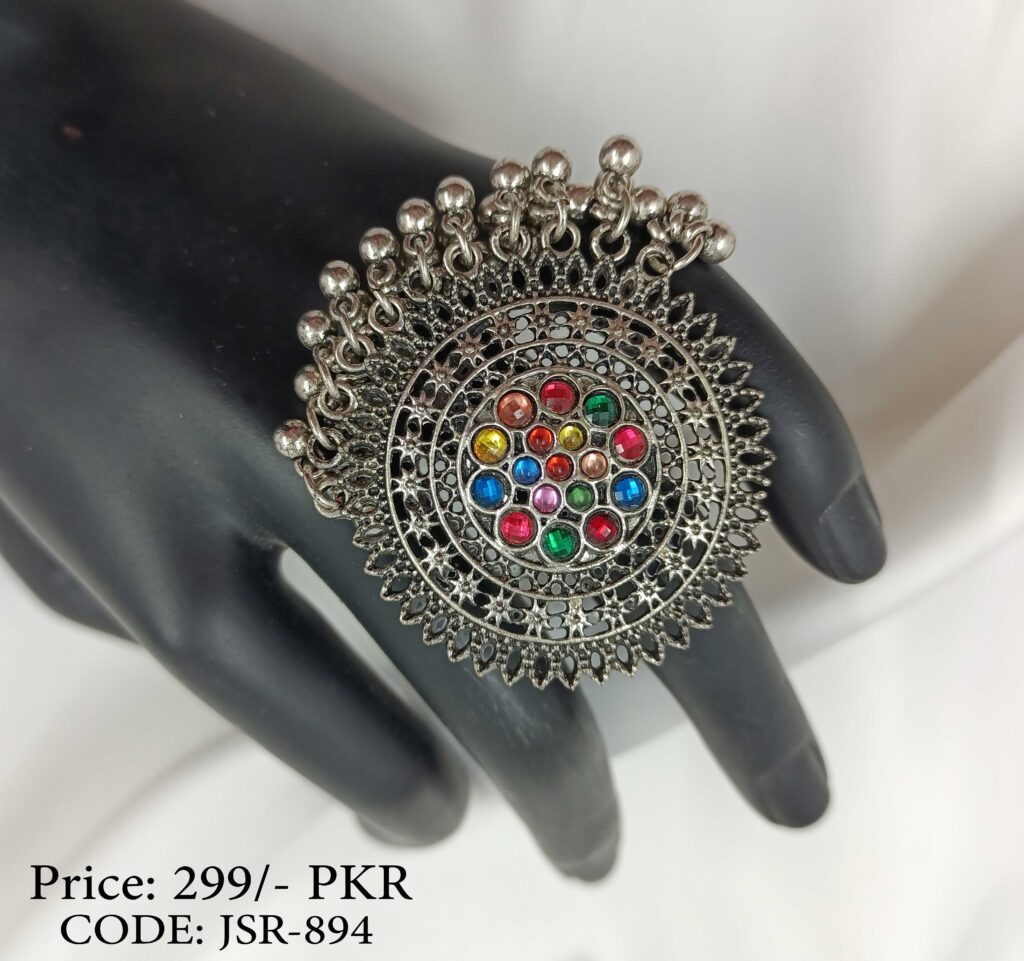
There are also brands that specialize in sustainable and fair trade artificial jewellery. These brands use eco-friendly materials, fair labor practices, and ethical production methods to create beautiful pieces that are both stylish and sustainable. Some of these brands include Bario Neal, Vrai, and Wolf Circus.
In conclusion, the production of artificial jewellery raises ethical issues related to sustainability and fair trade. Consumers who are concerned about these issues can look for alternative materials, fair trade certifications, and sustainable brands to ensure that the jewellery they buy aligns with their values. By making informed choices about the jewellery they purchase, consumers can support a more sustainable and ethical industry.
Read More: Marriage And MEENAKARI JEWELLERY Have More In Common


